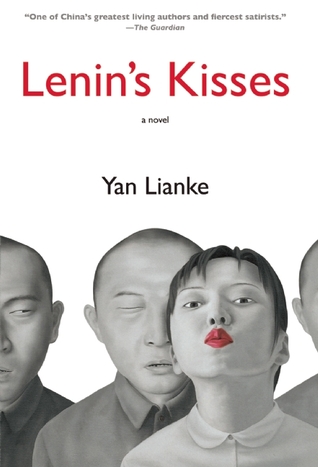
I Am A Cat may be regarded as a singular achievement of Japanese literature, but I think reading it as a singular work might not quite do it justice.
I Am A Cat probably needs little introduction. First serialised in a literary magazine and then later collected in three thick volumes, I Am A Cat is a wry and satirical disquisition on the contradictions and absurdities of human behavior, particularly of the Meiji-era variety.
Set in a newly cosmopolitan Tokyo, where Japanese gentlemen strut around in haoris and bowlers while discussing the finer points of Shakespeare, the book is an unnamed cat’s fearsomely bombastic collection of wry and satirical observations on his owner, the querulous and perpetually dyspeptic Sneaze (an English transliteration of the Japanese Kushami, itself not a name you’d find adorning the namecards of most Japanese folks, past and present), and his motley collection of acquaintances and hangers-on, including the aesthete-cum-inveterate-confabulator Waverhouse, the aspiring scientist and eligible bachelor Coldmoon, forever on a quixotic quest to polish the perfect glass sphere, and Singleman Kidd, the would-be zen philosopher who keeps mangling his quotes (without anyone noticing).
Don’t let the putative premise fool you – I Am A Cat, despite its cat-narrator bona fides and humorous vignettes of weirdos in Meiji Tokyo, is no light read. From the get-go, the immortal opener, I am a cat. As yet I have no name, is a masterclass in the fiendishly textured prose that invariably loses its essence in translation. And throughout the novel allusions abound to the literary traditions of the Orient and the Occident mixed with long unsalutary descriptions of the shortcomings of the master.
The first few chapters are perhaps the book’s best, as we get a sense of the formula that Soseki is trying to go for, having his lordly protagonist weigh on in that half-naive, half-profound way on the human condition that both professes a deep ignorance yet a surprisingly insightful understanding of it. And yes, having a cat as that mouthpiece is an utterly apropos way to establish that sort of judgemental detachment on society – who hasn’t thought sometimes could be akin to alien emissaries sent to spy on us to root out our weaknesses?
But the charm can’t last through the prodigious length of the book, and from the middle and heading towards the end, the narrative starts to feel same-y and tired. Perhaps it’s the consequence of reading it in one go as opposed to as a periodical, but the book starts to lose that fulsomely amusing grip that it had in the earlier parts and starts to meander into strange and often uninspiring pseudo-philosophical alleyways that are more about the cat pontificating about this and that without bearing on the weird, idiosyncratic characters at hand – characters whose shortcomings serve as both catharsis and cautionary tale.
Perhaps it is that realisation that a good thing might have run its course that Soseki ends the series abruptly by suddenly depicting the untimely and frankly pathetic demise of his feline protagonist from drunkenly falling into a pot filled with water.
But in all, I Am A Cat will appeal to the fan of the subtle social satire, even if it is best not read in one go, as intended.
I give this: 4 out of 5 boxes of candied yam


